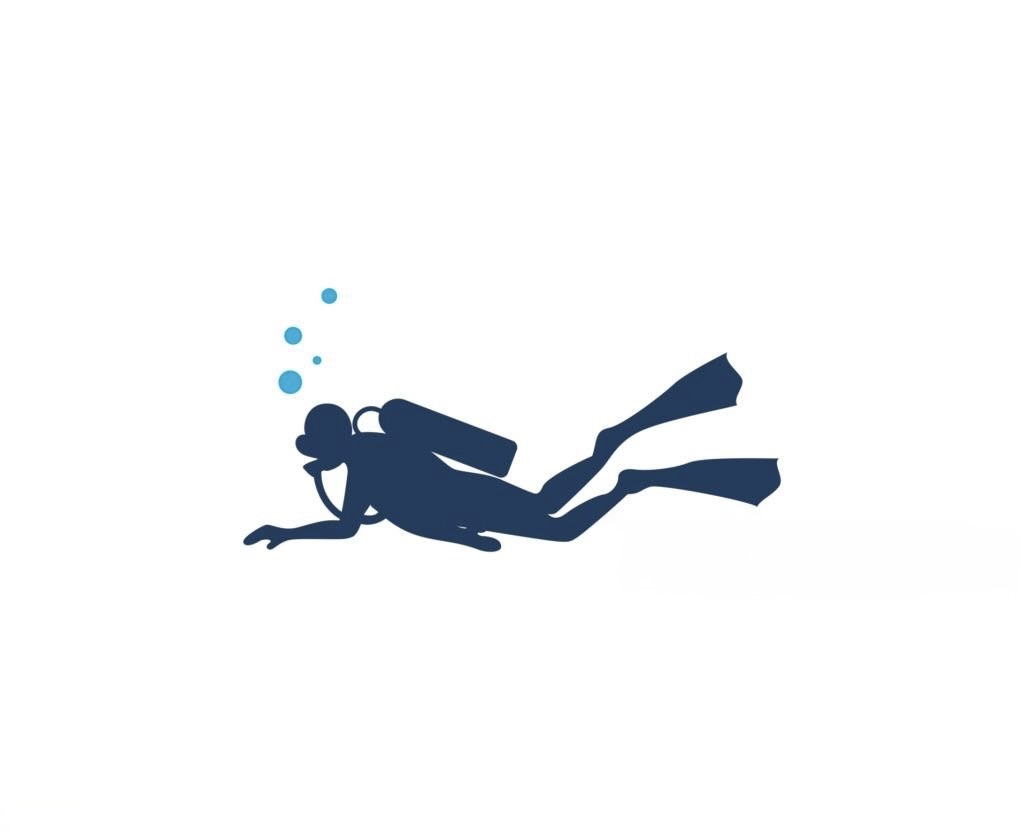Your cart is currently empty!
Wreck Diving Gear
What equipment should I use?
Below you can check out our essential equipment list and useful gear.
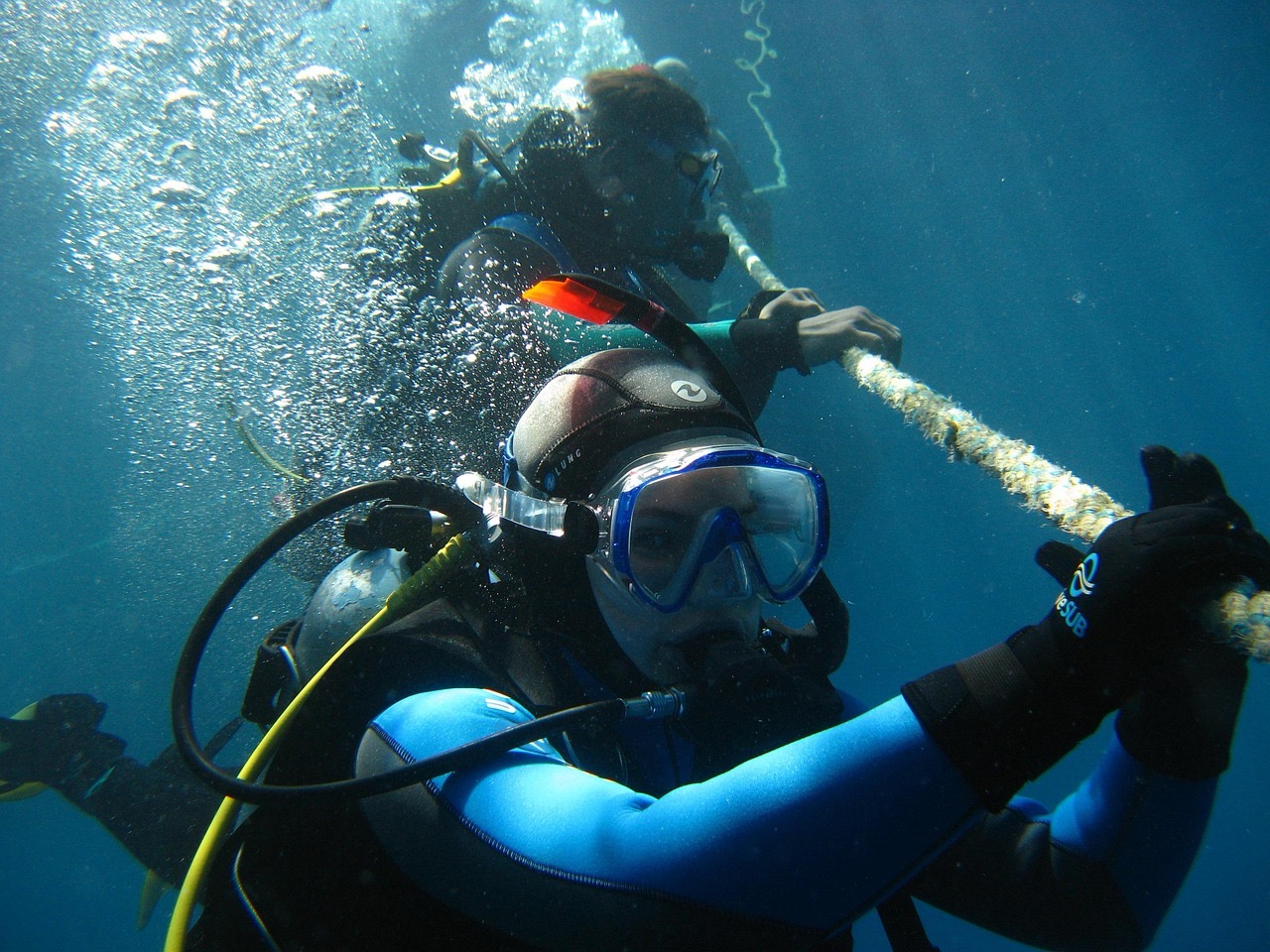
Discover Essential Wreck Diving Tools
Wreck diving needs more than your basic scuba gear. Whether you’re staying outside the wreck or going inside, the right equipment is key. It helps you stay safe, find your way, and handle any problems underwater.
Here’s a simple list of must-have gear for your next wreck dive:
Standard equipment
What is the minimum equipment you can use? It depends on the wreck.
Advanced equipment
For penetration and more challenging dives there is a lot of specialized equipment.
Navigation tools
Since compasses don’t work inside a big metal objekt you need to find new ways to navigate.
Under water camera
What to think about when bringing your camera.
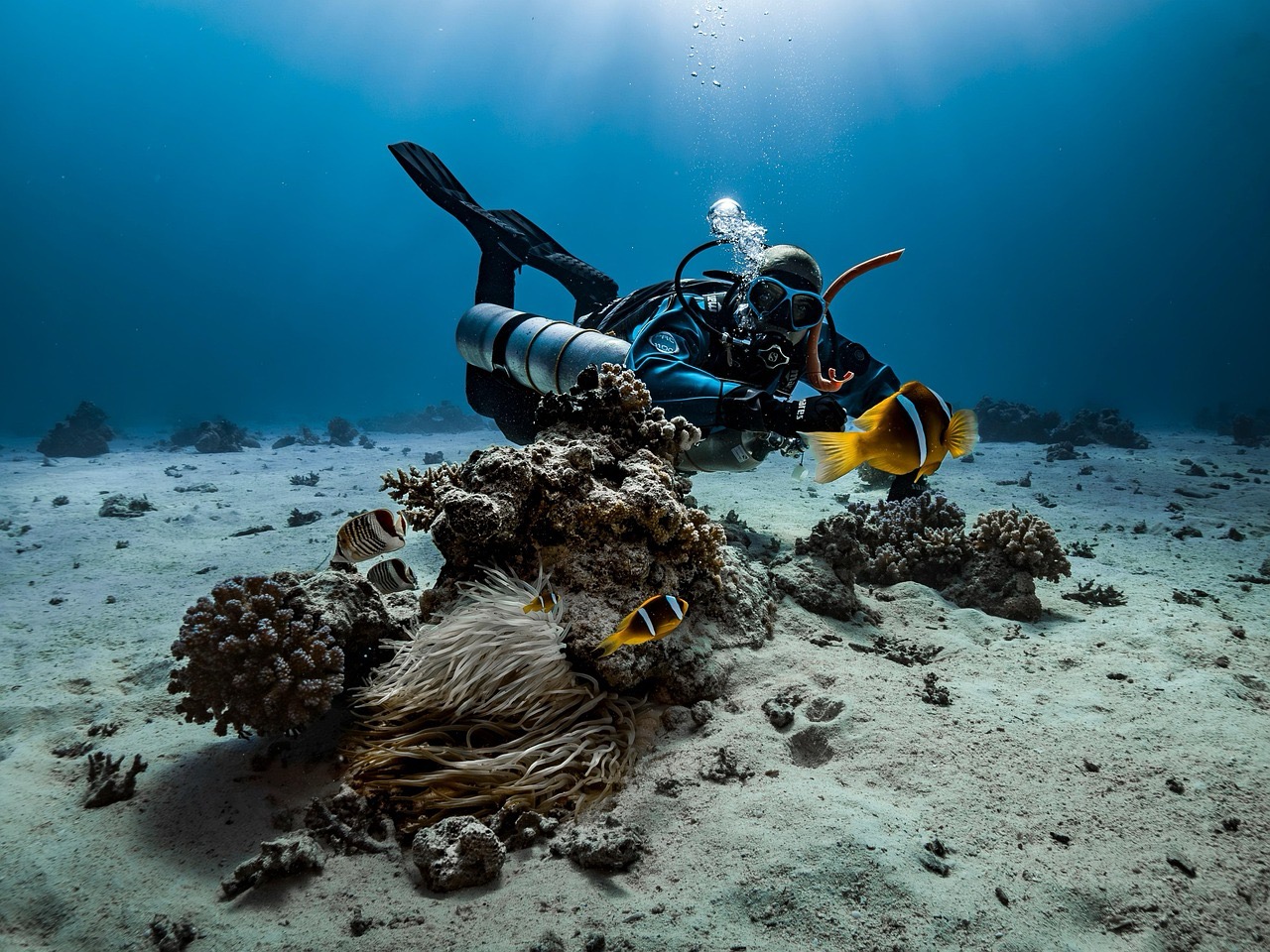
Dive Into Our Captivating Collection
Discover breathtaking visuals capturing the allure and adventure of wreck diving in Palawan. Some of the greatest disable wrecks in the world!
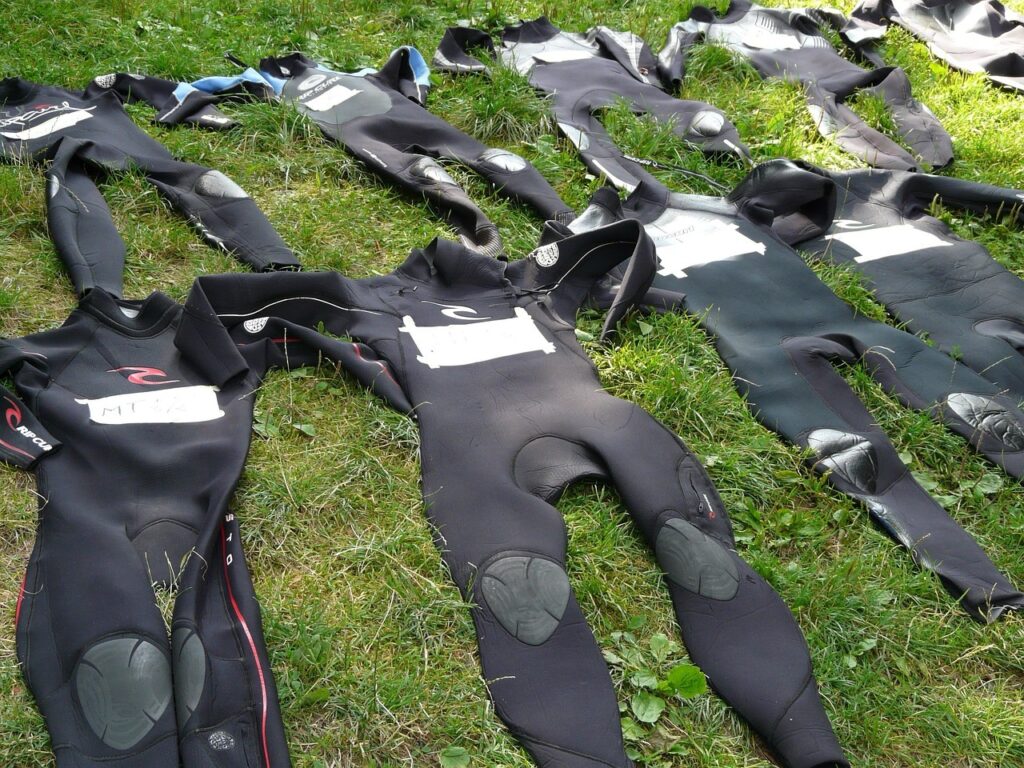
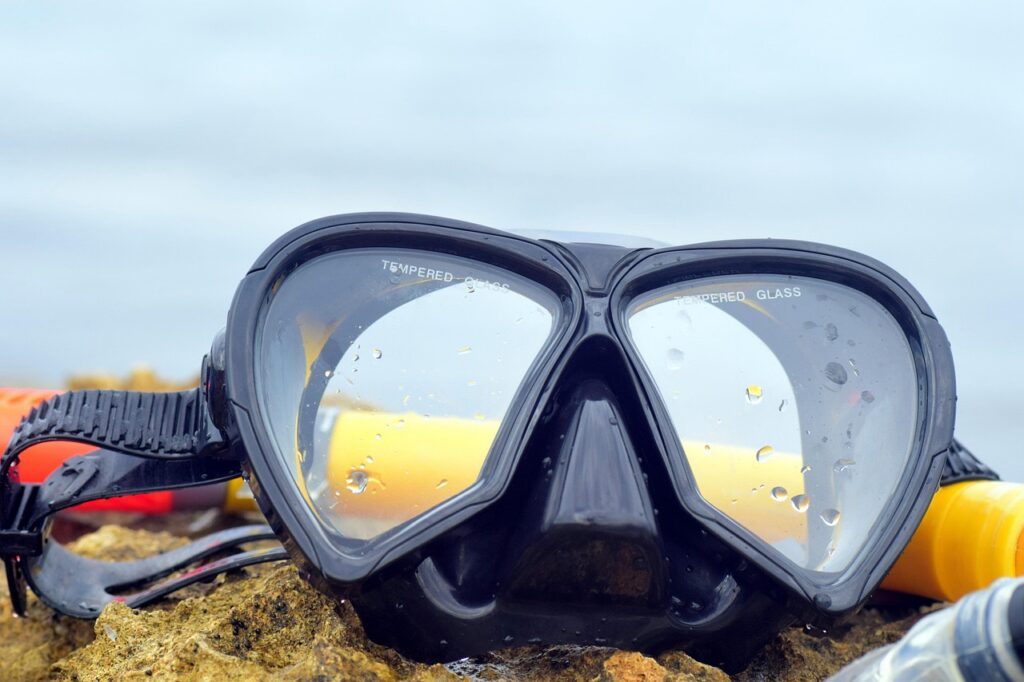
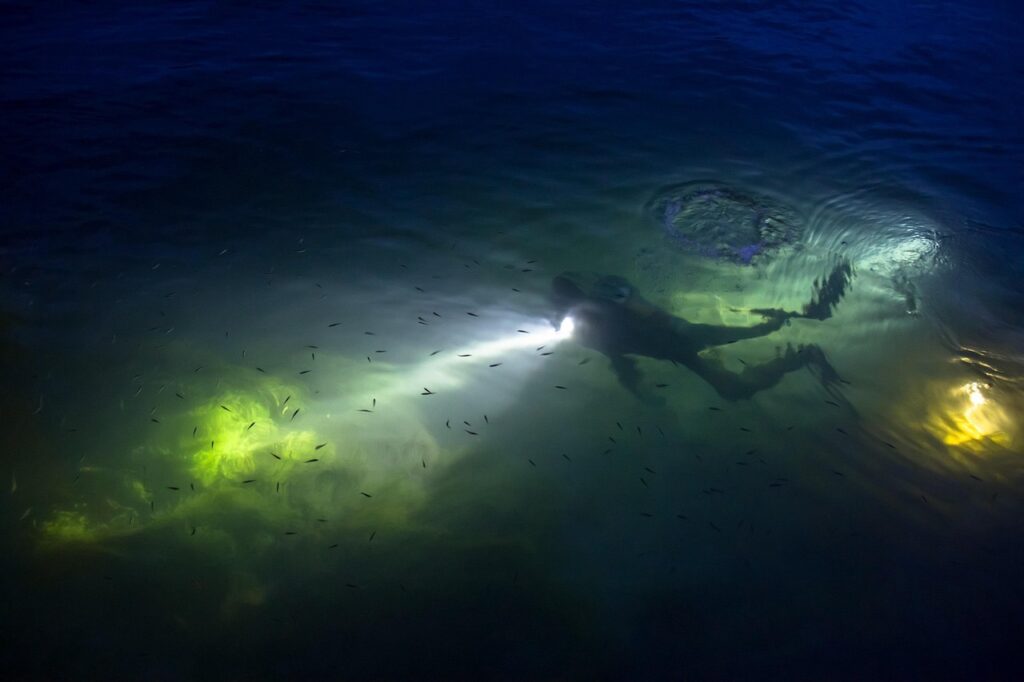
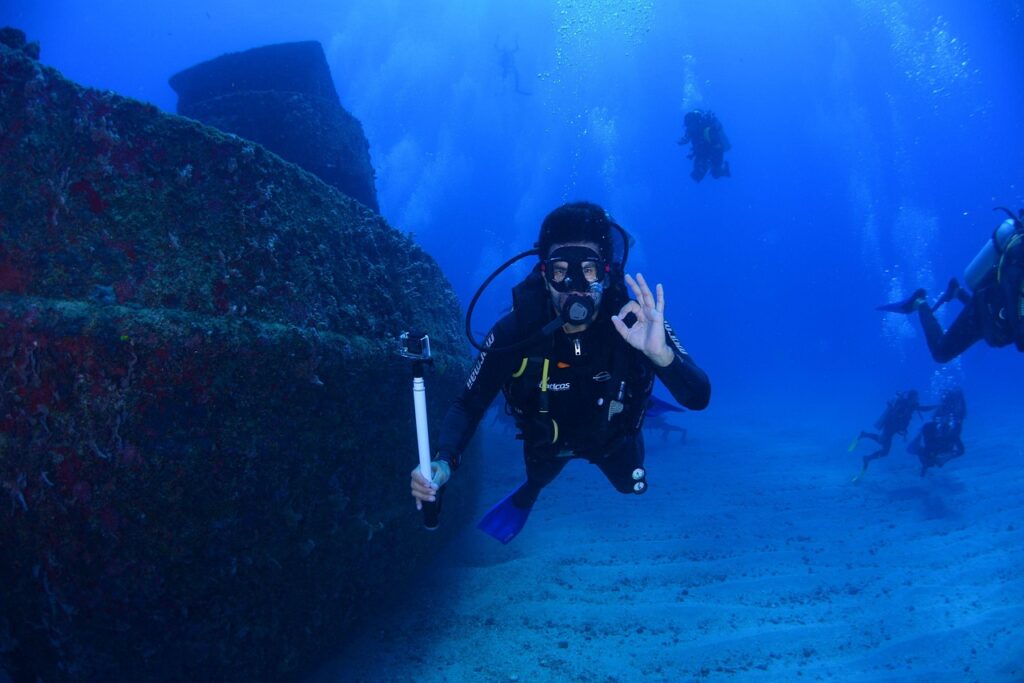
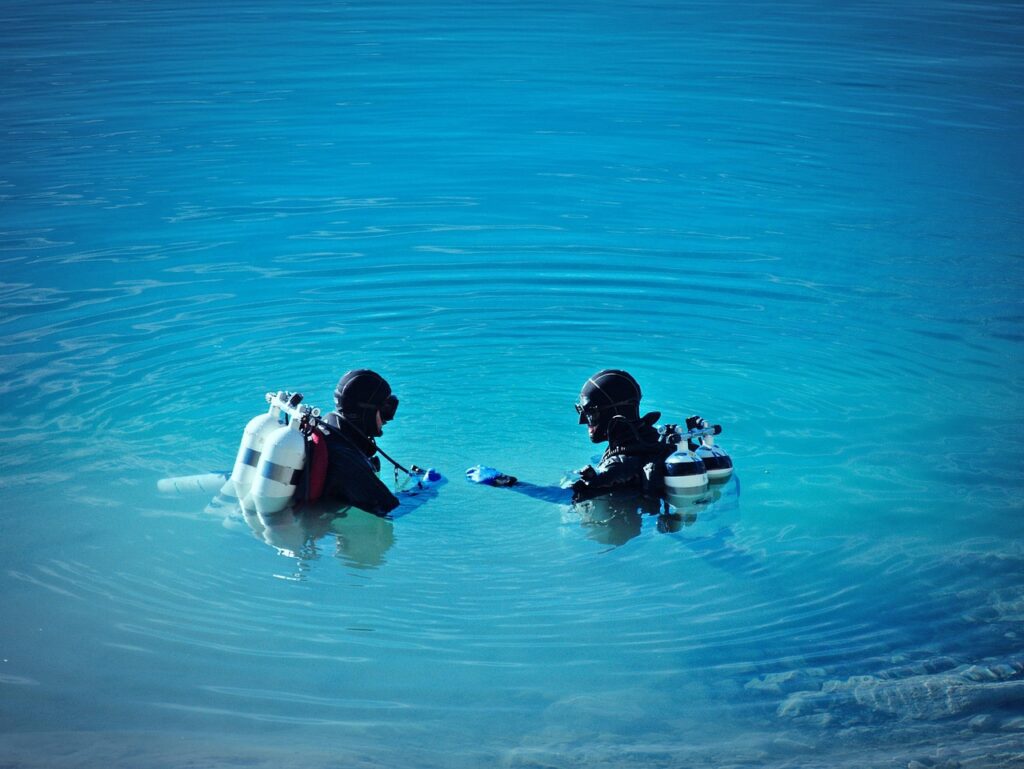
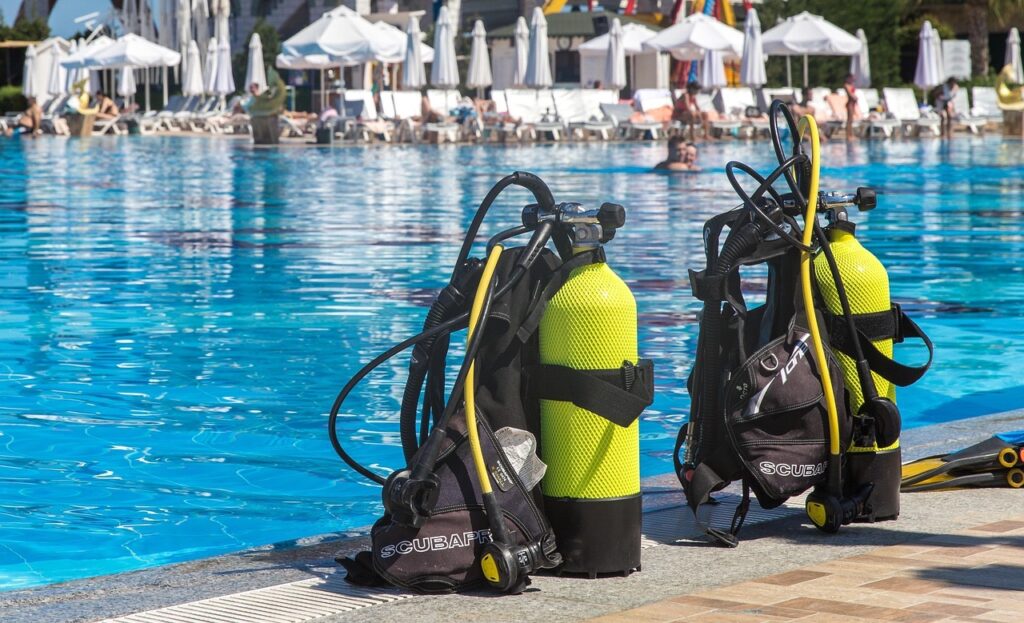
Discover Essential Wreck Diving Gear
Dive into our curated equipment guides, designed to elevate your underwater exploration in Palawan.
Safety Essentials
Understand the must-have tools for secure and confident wreck diving adventures.
- Mask/snorkel
- Fins/boots
- BCD
- Weightbelt
- Regulator
- Dry/wetsuit or rashguard
- Tank
- Dive computer
- Compass
- Knife
- Light
Advanced Equipment
Discover innovative equipment for deeper, more efficient dives.
- Sidemount tanks
- Spare light
- Extra knife
- BCD with redundant bladders
- Reel with line
- Wreck reel with non floating line
- Slate
- DSMB
- Gloves
- Signaling device
- Map of site
Navigation Tools
Learn about essential navigation gear to enhance your wreck-diving experience.
- Compass (not working inside a ship or around it)
- Line reel
- Map
- Lights
Underwater Cameras
Capture breathtaking moments with expert-selected underwater photography gear.
- Camera
- Lights
- Housing for camera
- Filters
- Selfie stick
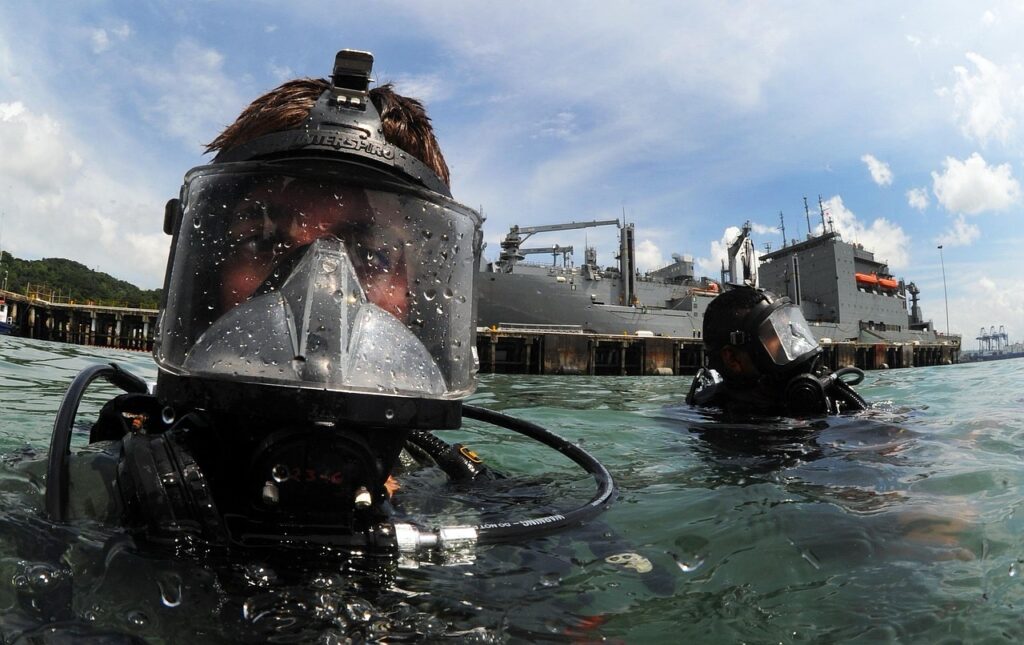
✅ Wreck Diving Safety Tips – Simple and Smart
Check your equipment before every dive. Make sure your lights, backups, and cutting tools are working properly.
Never dive a wreck alone. Always go with a buddy who is trained in wreck diving.
Practice with a guide line before your first wreck dive. Try it in a pool or calm water so you feel confident.
Keep your gear simple and close to your body. This helps you avoid getting stuck or tangled.
